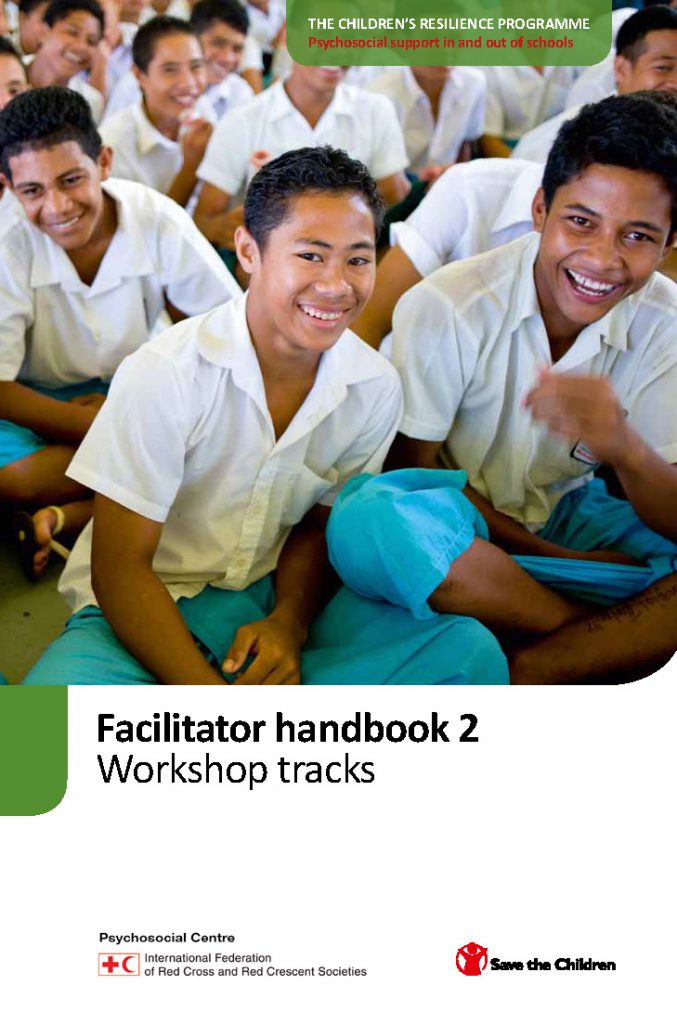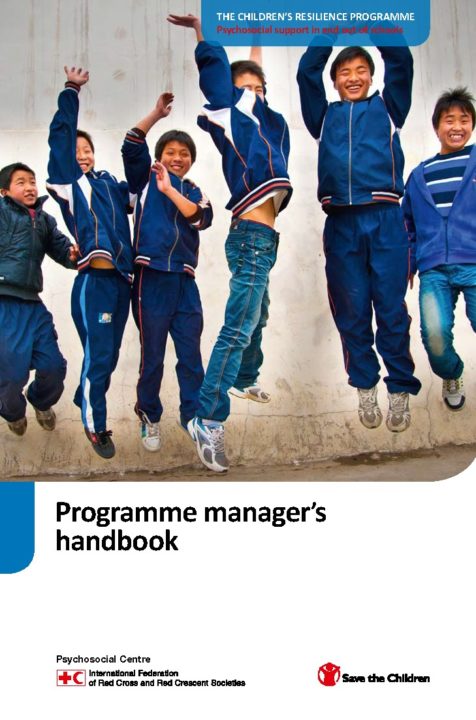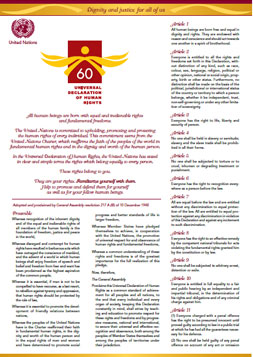The children’s resilience programme: psychosocial support in and out of schools’ is a joint initiative of Save the Children and the Reference Centre for Psychosocial Support of the International Federation of Red Cross and Red Crescent Societies (the PS Centre). The aim of the programme is to enhance the psychosocial wellbeing and protection of children. The programme recognizes the key role of parents and other caregivers, teachers and community providers and seeks to equip them in the care and protection of the children in their communities. During crisis events and in the longer term, schools and other children’s programmes (such as child friendly spaces, children’s clubs, youth clubs) become important sources of stability and care. Children’s resilience programmes can be run in schools or in other community-based groups and can be integrated into the classroom curriculum or conducted as activities outside the classroom. There are four pre-planned tracks of workshops in this handbook: Track 1: Protection against abuse and exploitation Track 2: Children affected by armed conflict Track 3: Children affected by disaster Track 4: Children affected by HIV or A Before starting one of the four tracks, please see ‘Facilitator Handbook 1: Getting started’ for Workshops 1-5, which are introductory workshops and should be run before the tracks in this handbook.
guides_tools
Children´s Resilience Programme: Psychosocial support in and out of schools - Facilitator handbook 2: Workshop tracks
Information
English
2012
pdf
Translations
French





